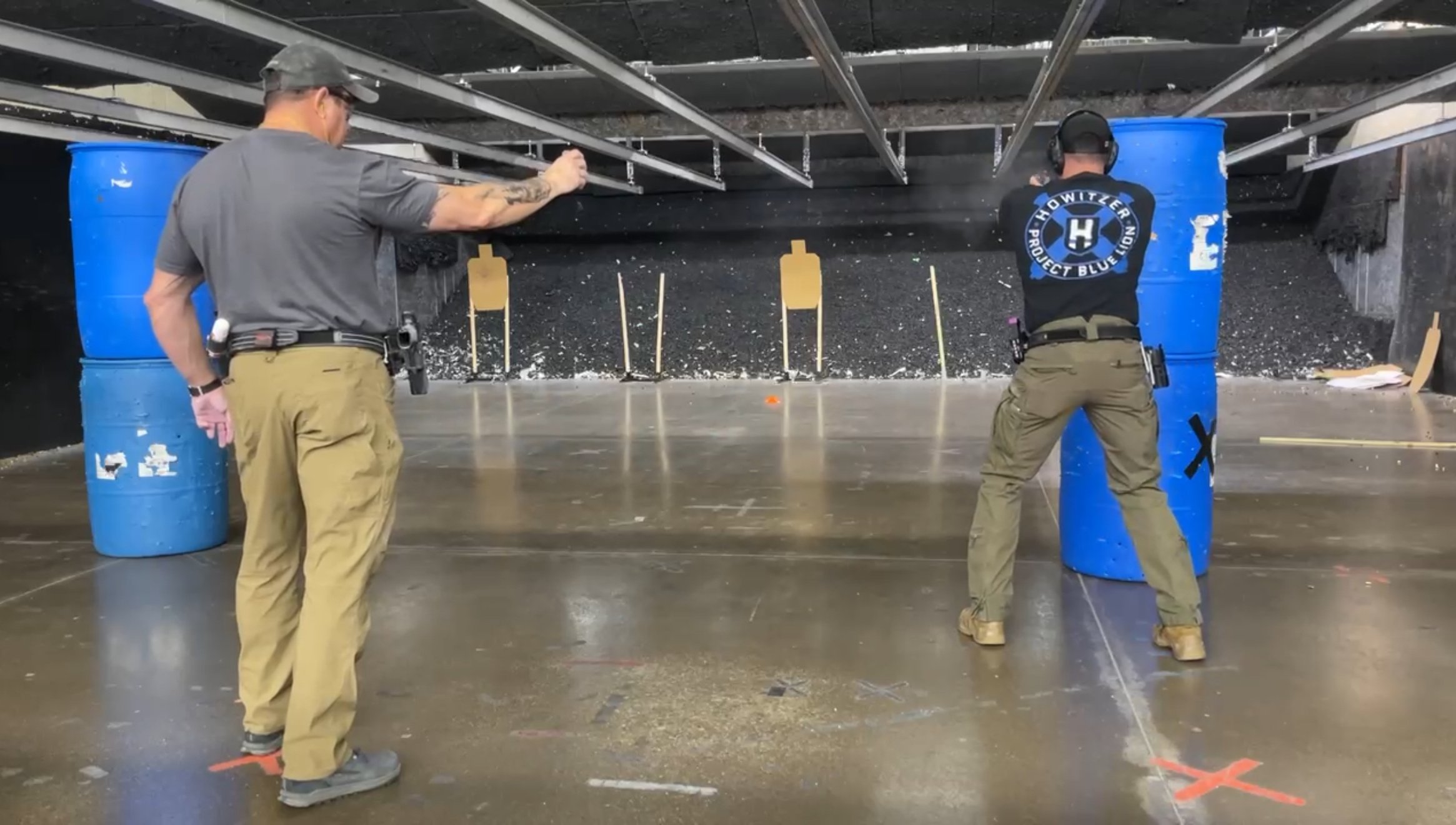Self Talk for Performance
An excerpt from Bell Performance Therapy’s E-Book: An Ultimate Guide to Health and Wellness for the Tactical Athlete
Self-talk is the inner dialogue humans have all day long with themselves and it has the ability to enhance or inhibit human performance depending on how it is used. Self-talk helps humans understand the events that unfold in front of them, explain why things occur the way they do, enhance motivation when the right words and phrases are said, and can be highly impactful in making or breaking confidence. Foundations of Psychology have shown that patterned thinking over time tends to shape beliefs about ourselves and the world. If a high performing individual wants to have high self-concept and develop productive beliefs about their ability to perform, they need to think in certain ways to maximize their potential. Dr. Robin Vealey of Miami University recommends three criteria to maximize self-talk to meet task demands:
1. Purposeful: The self-talk an individual has should have intent behind it. Similar to purposely training physically, a performer should also be purposeful about planning what they need to think and when to think it. By developing deep awareness, an individual can plan the types of thoughts they will need. Rather than reacting to environmental stimuli, a performer who has a purposeful plan can control their inner narrative.
2. Productive: Each thought should have a purpose behind it. Do you need confidence in this moment or motivation? Do you need internal focus or external focus? Answers to these questions can help identify what types of thoughts are helpful based on the circumstances around you. This is a component that should be heavily developed in training so the thoughts come automatically in the moments that matter. An example could be if conducting a room clear, it may be productive to go over safety sequence prior to breach and then during the breach have simple productive task cues to guide attention to what is relevant in the environment.
3. Present Moment: What is the 50 meter target? Essentially your most productive thinking in the moment is going to be what is important right now. What is controllable in any given moment is what is unfolding in front of you and ruminating about past performance or trying to be two steps ahead can cause critical detail and information to be missed in tactical and high stress settings. Present moment thinking helps develop deep awareness of the present moment and allows for an individual to more accurately respond to their environment. A highly valuable component of present moment thinking is focusing on what you are trying to do, and not what you are trying to avoid. Our brain strives to be efficient where possible and when our self-talk is focused on “don’t shoot left on the target”, our brain fixates on “left”. It is subconsciously accessing all of the times you fired your weapon and missed left making it more likely to occur. Instead, having a precise focus on what you are trying to do (e.g. “center mass”) will help activate brain resources to have a deeper focus on what is relevant in the present moment.
Need help mastering your mental game? Reach out to info@bellpt.com for expert guidance on optimizing self-talk and mental performance. Contact us today to take your mindset to the next level! 🚀


